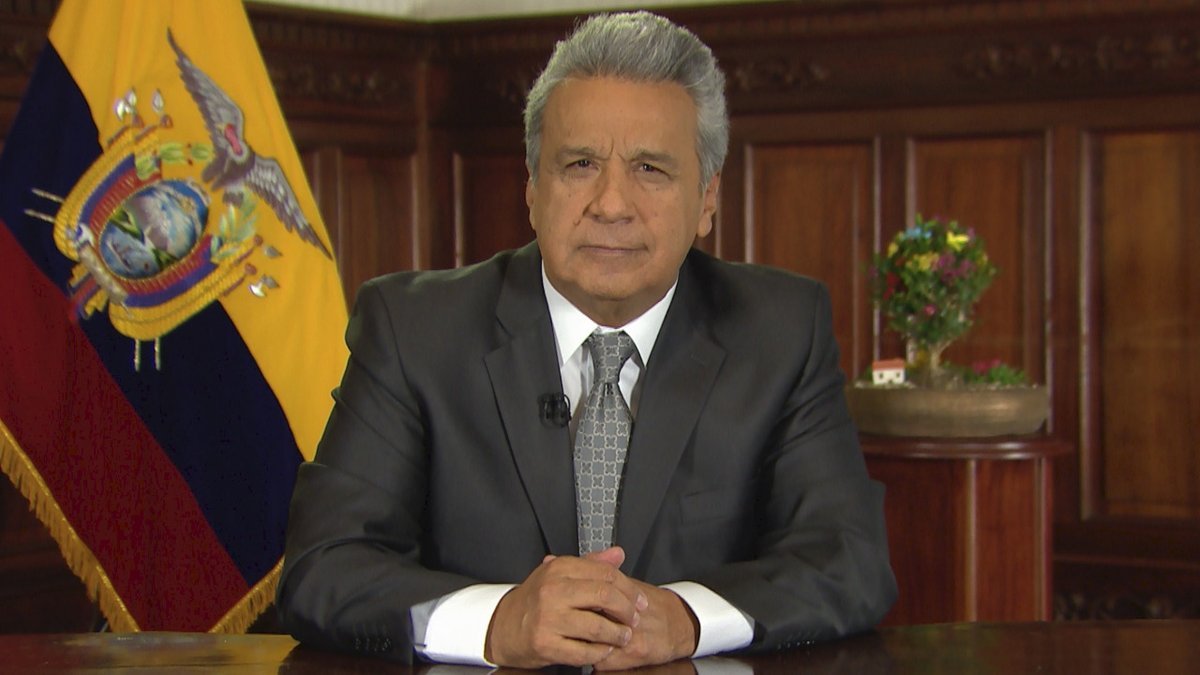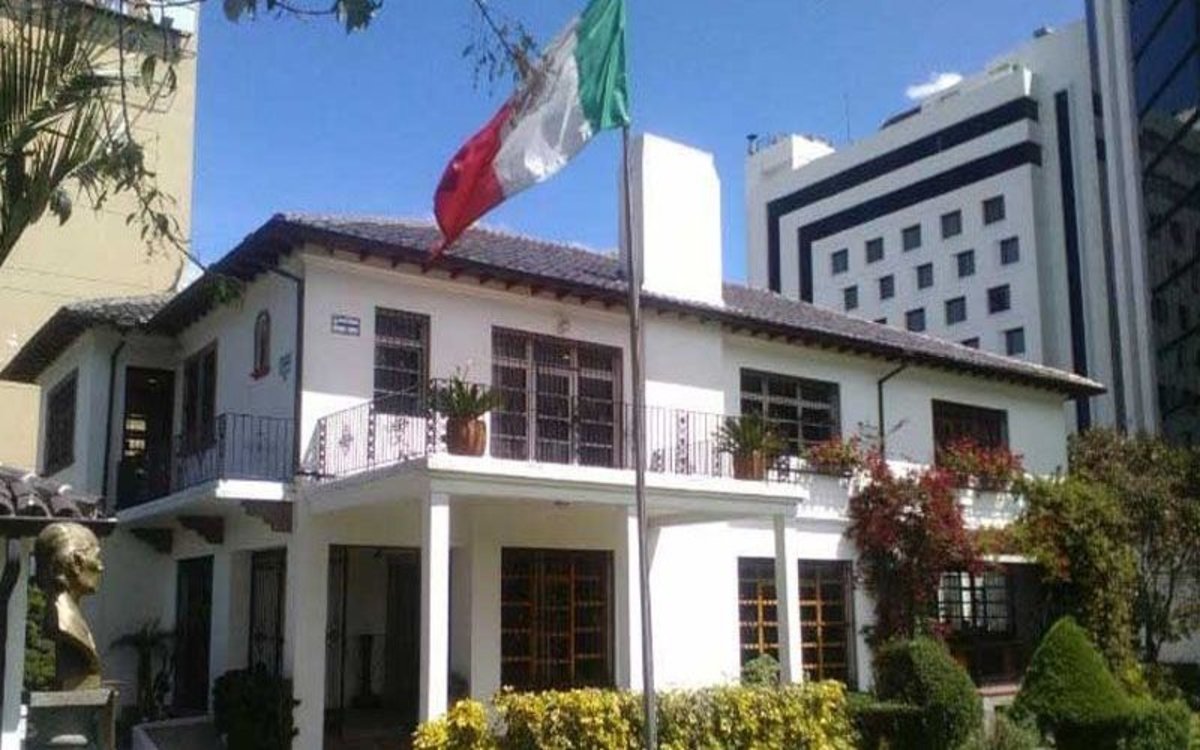RIO DE JANEIRO, BRAZIL – In the wake of the political crisis in Ecuador, Mexico has in the meantime welcomed a half-dozen opposition representatives to its embassy in Quito in order to protect them from political persecution.

Mexico says that with this asylum policy it is reiterating its “commitment to protect and promote the human rights of all people, regardless of their political orientation”. President Andrés Manuel López Obrador’s government is thus reacting to increasing repression in Ecuador against supporters of former President (2007-2017) Rafael Correa, a harsh critic of his successor in office, Lenín Moreno.
It is suspected that after twelve days of fierce protests against a neoliberal package of measures, the streets of Ecuador are being cleaned, while Moreno’s leadership, with the help of the police and a compliant judiciary, is embarking on political purges.
The prosecutor’s office has raided the headquarters of the Compromiso Social RC5 party as part of the investigation into the Prefect of Pichincha, Paola Pabón, according to a leftist faction communiqué. The prosecution said it had seized five laptops, two hard drives and two cell phones on “strong suspicion”. The Civil Revolution Party (Revolución Ciudadana, RC) of former President Correa denounced that its members were being persecuted without “evidence and in violation of human rights”.

In recent days, several media outlets have made police attacks and censorship by state bodies public. In addition, the signal of the Latin American television station Telesur was switched off, but apparently reopened again following protests. Several small media outlets, such as the independent “Latin American Information Agency” (Agencia Latinoamericana de Informacion, ALAI), a cooperation partner of Amerika21, reported that their Internet had been out of service at their headquarters in Quito since October 10th.
However, after negotiations with the indigenous associations Conaie, Feine, and Fenocin on Monday, President Moreno officially repealed Decree 883 of October 1st canceling fuel subsidies and announced an undetermined reform of the prices of gas, petrol, and diesel.
Until this is achieved, the old prices will continue to apply. The elimination of subsidies was one of the conditions imposed by the International Monetary Fund (IMF) on the granting of a billion-dollar loan to the Moreno government.

Other austerity measures demanded by the IMF, such as a 20 percent cut in the salaries of state employees, further budget cuts and the flexibilization of employment contracts, were apparently not the subject of talks between representatives of the indigenous peoples and the government and do not feature in the new Presidential Decree 894.
Whether Moreno will achieve his goal of pacifying the protest movement, which was also directed against the IMF and its neoliberal policies, remains to be seen.
IMF chief economist Gita Gopinath said Tuesday at a press conference in Washington that the organization welcomed the agreement between the government and the indigenous movement and hoped that the new economic measures offered by President Moreno would be “successful” and beneficial to all concerned. “We support the government. These are difficult times and we want the reforms to be implemented and successful,” Gopinath said.

